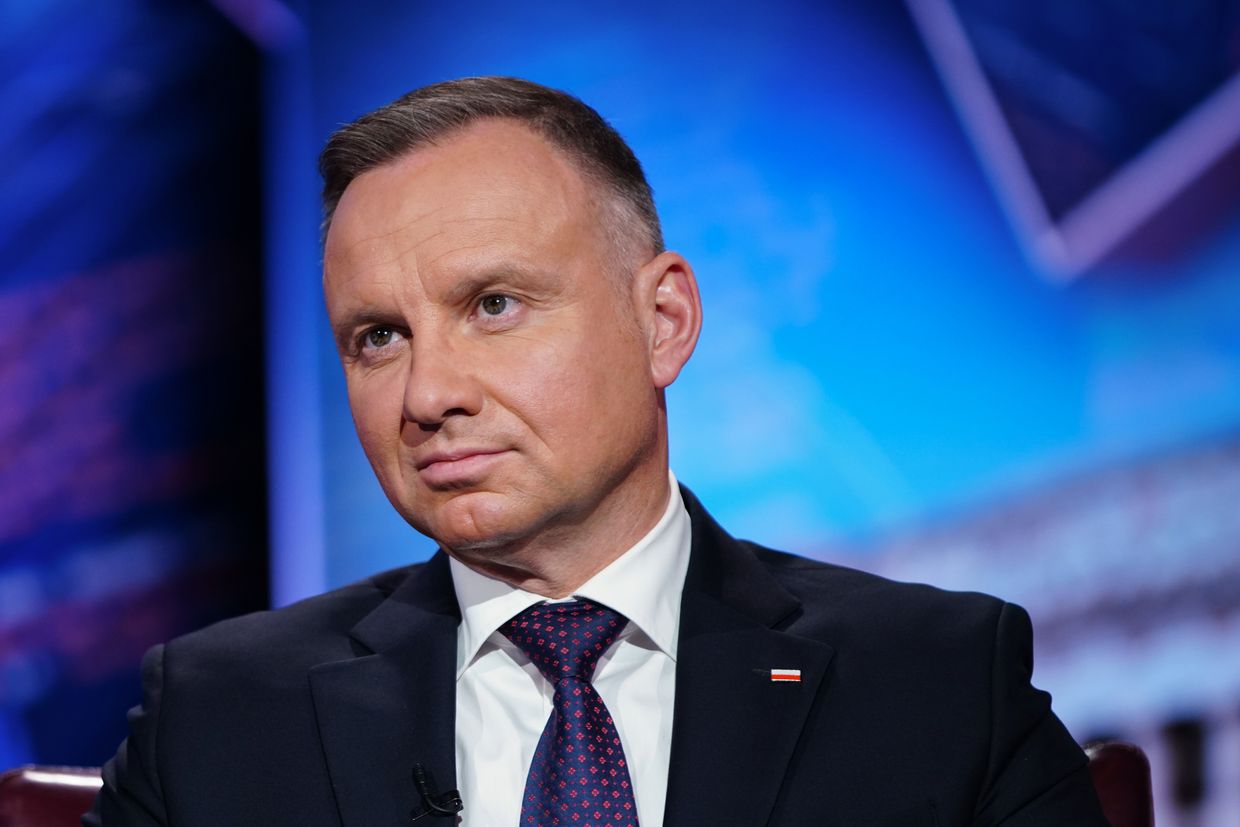Russia vetoes UN vote on nuclear weapons in space

Russia vetoed a resolution at the United Nations Security Council (UNSC) on April 24 aimed at preventing a nuclear arms race in outer space.
The draft vote was proposed by Japan and the U.S. and called on all states to uphold the 1967 Outer Space Treaty, which obligates nations "not to place in orbit around the Earth any objects carrying nuclear weapons or any other kinds of weapons of mass destruction."
Thirteen of the UNSC's members voted in favor, while Russia voted against. China abstained.
The diplomatic push to prevent a nuclear arms race in outer space came after U.S. Congressman Mike Turner raised concern on Feb. 14 after saying that a "serious national security threat" faced the U.S.
Sources later disclosed that the threat was connected to an alleged Russian desire "to put a nuclear weapon into space."
The purported Russian space-based weapon is more likely to be a nuclear-powered device with electronic warfare capabilities that could be potentially used to target other satellites, sources told Reuters.
While the threat posed by such a potential weapon is of a less catastrophic nature than a nuclear device, it still has the capability to "cripple military and commercial communication," analysts said.
At the same time, U.S. Secretary of State Antony Blinken said on Feb. 15 that it is "not an active capability," echoing comments from American intelligence sources that the development does create an "urgent" threat to the U.S.
The Kremlin refuted the warning, saying it was a "malicious fabrication."
Speaking on April 24, Linda Thomas-Greenfield, the U.S. ambassador to the U.N., described Russia's veto as "baffling."
"Russia has vetoed a straightforward resolution that affirms a legally binding obligation," she said.
"President (Vladimir) Putin himself has said publicly that Russia has no intention of deploying nuclear weapons in space.
"So today's veto begs the question, why? Why, if you are following the rules, would you not support a resolution that reaffirms them? What could you possibly be hiding?"
Placing nuclear weapons in space would be a direct violation of an arms treaty that all nuclear-armed states have been party to since the 1960s.
Non-nuclear anti-satellite weapons are not new and have been tested by many major powers, including Russia and the U.S.
Detonating a nuclear weapon in space would nonetheless be a significant escalation.














